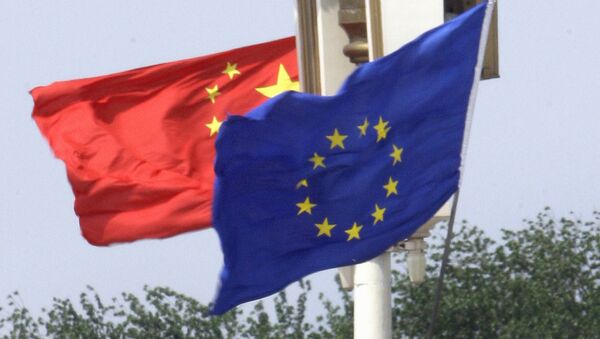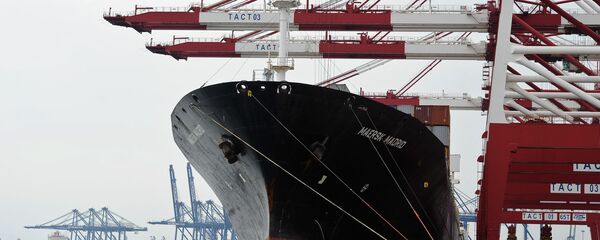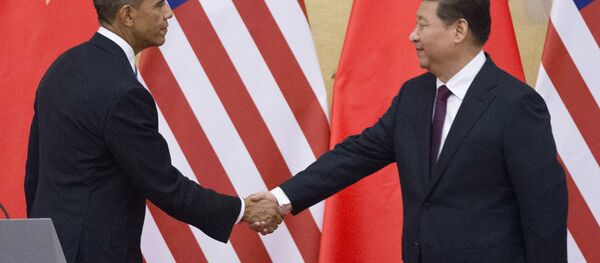Figures back this view.
"Last year Chinese investment in Europe grew by 44 percent, leaving almost no European country overlooked – the UK, France, Italy, Germany, Greece, Portugal, the Czech Republic, etc.," former senior adviser to French defense minister Philippe Le Corre told Atlantico. "China is investing heavily into railroads, energy projects, sea ports and airports, finances and technology."
Take France, for instance. In 2011, multinational electric utility company ENGIE signed a partnership deal with CIC granting the Chinese sovereign fund a 30% share in ENGIE exploration and production activities. In 2014, Dongfeng Motor Corporation, a Chinese state-owned automobile manufacturer, purchased a 14-percent stake in PSA Peugeot Citroen, the second largest car manufacturer in Europe.
Last year, China invested a total of $23 billion in all EU countries. There is also a $43 billion deal that will see China National Chemical Corp., also known as ChemChina, acquire Swiss agrochemical and seed supplier Syngenta AG. Compare this to the $15 billion Chinese companies brought to the US in 2015.
"Relations between China and the US are developing in terms of competition and distrust, rather than cooperation. This is one of the reasons behind China's interest in Europe," Le Corre, a visiting fellow in the Center on the United States and Europe at Brookings, observed.
This interest is long-term. Take China's other major initiative – the Asian Infrastructure Investment Bank (AIIB). Germany, France and the UK are members of the new development bank despite Washington's repeated calls not to join.
Despite these efforts, China's investment charm offensive on Europe has not been a walk in the park. Last month, the European Parliament refused to grant the Asian giant the long-coveted status of market economy status in the World Trade Organization despite Beijing's extensive lobbying.



